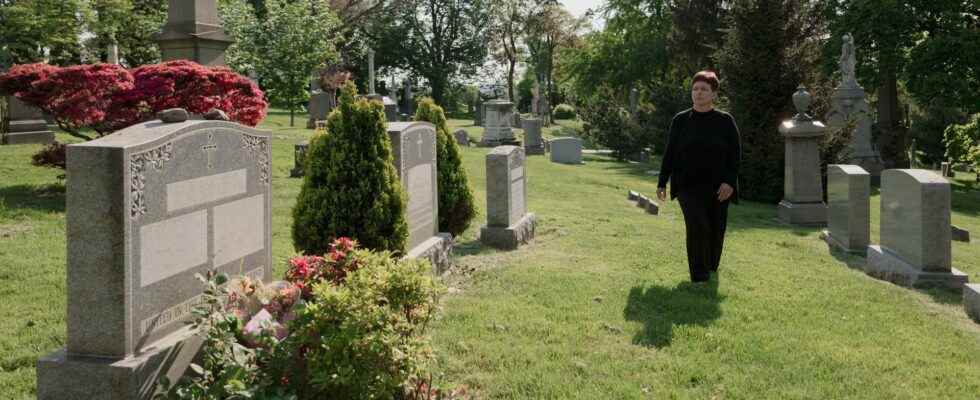For deceased persons who were ecologically committed or activists, choosing an eco-responsible funeral is a logical continuation of the commitment journey.
You will also be interested
[EN VIDÉO] Interview: can transhumanism make humans immortal? The race towards augmented humans is on. Previously a mere fantasy, the post-human is, according to some, about to be born. Futura met Jean-Claude Heudin, director of the research laboratory of the IIM (Institute of Internet and Multimedia), so that he could speak to us in more detail about transhumanism.
In France, the two most common types of funeral are cremation and burial. But new ways of preparing for this farewell ceremony are emerging, particularly with a desire to gradually reduce the environmental impact of funeral more classic.
Traditional funeral practices and their impact on the environment
We are far from suspecting at first sight that our funeral rituals and mourning have a negative impact on the environment. And yet! A study requested by the Fondation des Services Funéraires Ville de Paris published in 2017 revealed the different ecological consequences according to the rites chosen. And this analysis is based on three specific aspects:
- I’greenhouse effect. A pet peeve closely linked to global warming, the greenhouse effect generated can represent up to 11% of emissions annuals of a Frenchman. What does this study tell us about this? That ” burial equals 3.6 cremations » in terms of CO emissions2.
- The consumption ofenergy. Once again, the indicators of the study seem to confirm that the burial rite is also more polluting with an estimated equivalence of 2.9 cremations for a single burial.
- The consumption of scarce resources. The trend remains visibly the same with an even more marked comparison: one burial is worth almost four cremations.
As a reminder, this study only takes into account a sample: extramural cemeteries located in Ile-de-France. Several criteria were taken into account, such as the choice of burial with or without a monument or the selection andforwarding from materials of the coffin wood.
Nevertheless, conservation care as well as natural waste from the human body were not taken into account in the study but must still be considered if one is interested in more eco-responsible alternatives for funeral rites.
Ecological alternatives appear
Organizing a more ecological burial is a concern for many people. And in this regard, several initiatives allow us to develop this orientation of thought in order to reduce the environmental footprint of funerals.
There are in particular ecological cemeteries (more present among our German or English neighbours) which have decided to accept only the deceased who have undergone the least possible care and which favor landscaping the most natural. Indeed, formalin is very polluting and contaminates the soil until it is discharged into the groundwater !
Another alternative which is still uncommon is cardboard coffin. Very often made responsibly with recycled cardboard, this coffin provides all the resistance and thesealing necessary for a proper funeral. Moreover, it is completely biodegradable and disappears completely in one year while for traditional wooden coffins between 10 and 15 years are necessary. And for a personalized funeral, know that it is quite possible to decorate, paint and accommodate this casket.
However, it is clear that this solution is not yet very democratized in France. Many crematoriums refuse the cremation of cardboard coffins. In question ? Self-combustion which does not take place unlike wood. It is then necessary to inject more gas even if the combustion cardboard is almost immediate.
For a burial that respects both the beliefs of the deceased and the environment, more and more options are possible. It remains to be seen over the next few years how to make the funeral rite even more eco-responsible…
Interested in what you just read?
